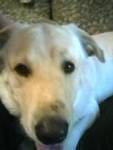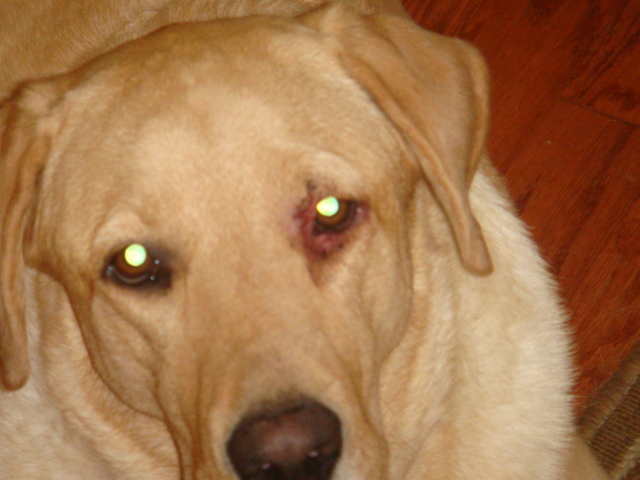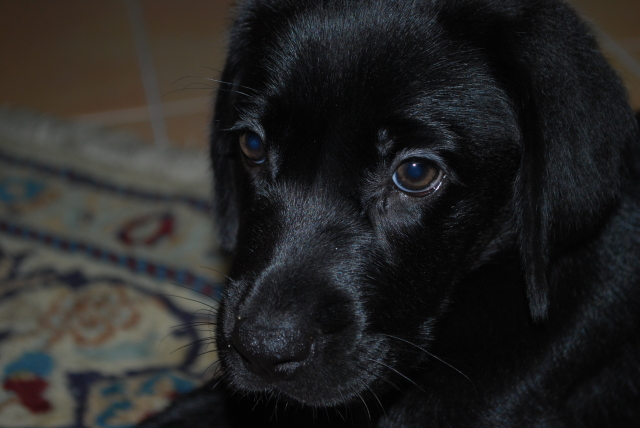Questionwhat are the chances that he'll be slow? and im feeding him 1 cup 3 times a day or sometimes 4 but the bag says 2 and 1/2 but i give him 1 is that allright and he weights in around 20-25 pounds for 9 weeks is that normal and 1 more question lol how can i make sure he wont become fat
-------------------------
Followup To
Question -
hi its me again sorry,, umm i would like to know why my 9 week old labrador is slow? beacuse he has short legs and is very stocky
Answer -
Puppies are born with very short legs. A new born Lab's legs may only be about an inch long. Even now, his legs may only be about 4-6'' long. Over the next month, he will gain weight with most of it seeming to go into legs. The tail and neck will lengthen too. He may not have the classic Lab profile until more like 4 months.
You can easily outrun him now, but soon he will be able dash away. Outside, you will need to keep him on a leash or in a fenced yard.
AnswerMost dogs as adults run very well, of course, some faster than others. It is important not to encourage young dogs to run and jump too much. It can be too much stress for developing joints. Over weight is also a problem. Too many puppies came too fat. 20 pounds may or may not be right for him. If he is a ball with little legs sticking out here and there, better cut back to maybe 2/3 of a cup each meal. Here is a link to a great guide on what he should be like, http://www.puppychow.com/products/popup_body_condition.aspx Adjust what you are feeding to slowly bring him into the right condition. You don't want a 9 week old losing weight, just let him convert fat to leg. Most Labs will eat more than is good for them and look for more.
At 3 months, you can cut him back to 2 meals a day. At 4 months, switch to an adult chow. After 6 months, you can cut back to one meal. Make all the changes slowly over a week. This is how a large dog guide school trains us to feed the puppies we raise for them. They have experience with thousands of Labs, and must have healthy, sturdy dogs with long active lives. You need to be less concerned with how fast he can run now, and more concerned with how fast he can later. I have a 13 year old Lab that can still run good. This is how I raised her. She worked many years as a dog guide, but retired and came back to live with us.

 Need opinion about my Labrador Retriever
QuestionCoco (Labrador Retriev
QUESTION: I have
Need opinion about my Labrador Retriever
QuestionCoco (Labrador Retriev
QUESTION: I have
 sniffing female owner
Question
Jack
Hello, thank you so much for taking the t
sniffing female owner
Question
Jack
Hello, thank you so much for taking the t
 pink rim around eye
Question
his eye
i have a pure yellow lab and hes 3 yrs
pink rim around eye
Question
his eye
i have a pure yellow lab and hes 3 yrs
 Lab eating my house! (and everything else)
Question
Pepper
I have a sweet sweet black female lab t
Lab eating my house! (and everything else)
Question
Pepper
I have a sweet sweet black female lab t
 Labrador behaviour
Question
Gordie
Name: Gordie
Age: 4 months
Sex: Male
N
Labrador behaviour
Question
Gordie
Name: Gordie
Age: 4 months
Sex: Male
N